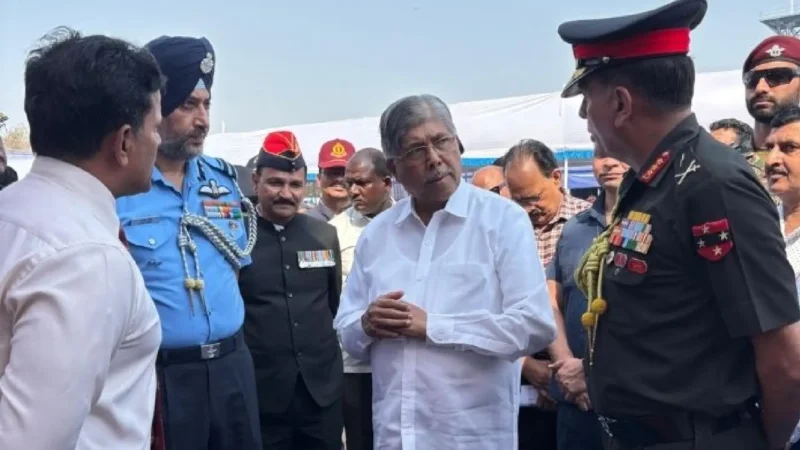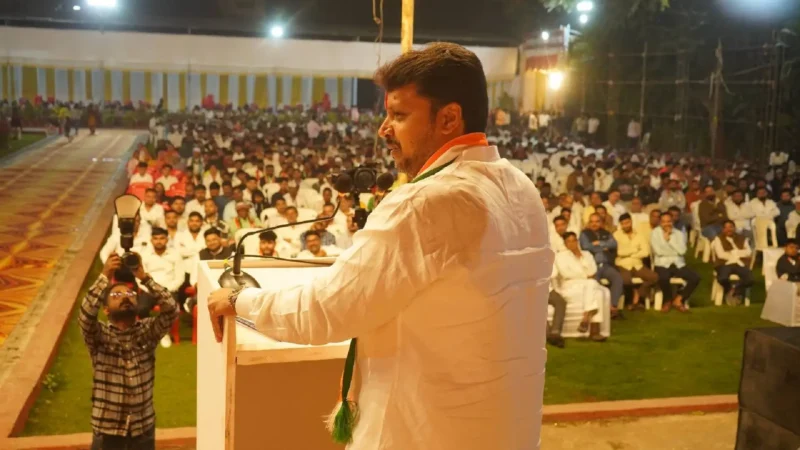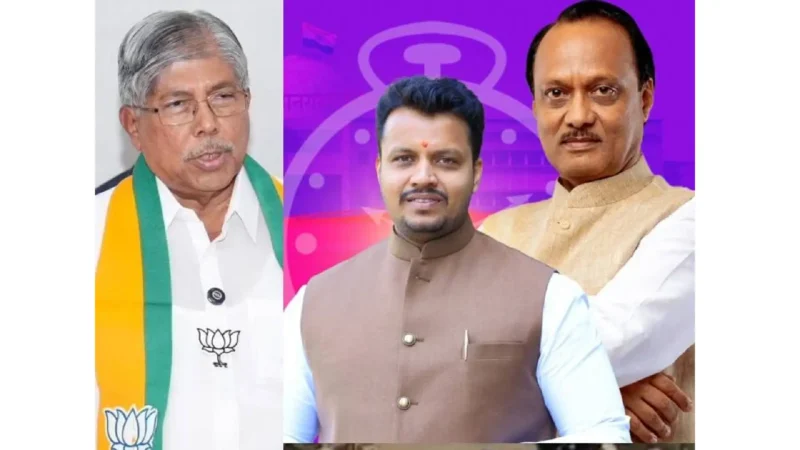Pune: Nine Public Complaints Resolved Under the Presidentship of Divisional Commissioner Dr. Chandrakant Pulkundwar on the Occasion of Divisional Democracy Day

Pune:
Recently, a ‘Divisional Democracy Day’ was organised under the presidentship of Divisional Commissioner Dr. Chandrakant Pulkundwar to resolve the complaints and problems of the general public in the division fairly and promptly by the government system. On this occasion, nine cases were heard and resolved by the divisional commissioner. At this time, Dr. Pulkundwar appealed to the complainants to avoid wasting time and money by presenting the cases in the divisional democracy day that could be resolved in the district-level democracy day.
Various officials, such as Inspector General of Police of Kolhapur range Sunil Phulari, Additional Commissioner Varsha Ladda-Untwal, Deputy Commissioner Samiksha Chandrakar, and divisional-level officers of various departments, were present on this occasion.
On the second Monday of every month, ‘Divisional Democracy Day’ is organised in the Divisional Commissioner’s office to decide on the complaints of the citizens. While speaking at this time, Divisional Commissioner Dr. Pulkundwar appealed to the citizens to avoid misusing the government system by filing wrong applications.
While instructing the administration, Dr. Pulkundwar said, “The administration should strictly follow the orders given after hearing the cases filed in the divisional democracy day and resolve the complaints immediately.” He also noted that it is not right that citizens have to come to the divisional democracy day for problems that can be solved at the district level, and he instructed the district administration to pay attention to this issue.
At this time, Dr. Pulkundwar gave the applicants an opportunity to present their views on the four pending and five newly filed cases that were not resolved during the district-level democracy day.
On this occasion, hearings were held on four cases of Pune district, one of Satara district, two of Solapur district, and two of Kolhapur district involving the issues of closure of roads, roofs, huts, and cowsheds that built on public government land; the possession of rehabilitation plots; the possession of additional land acquired for land acquisition; and the approval of additional alternative plots based on the number of families affected by the Ujani project.
In addition, he heard cases involving unlawful arrests, actions against unapproved construction, the destruction of water tanks in rehabilitation villages, and the failure to remove their remains, and regarding the registration of FIRs, etc.





